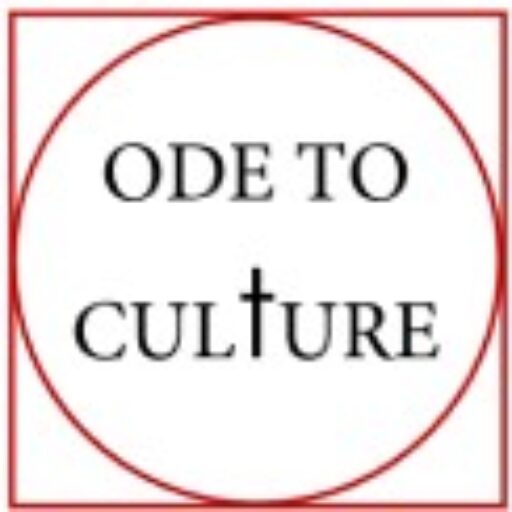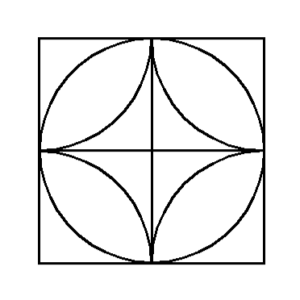Prompt 19: October 1, 2022
Any question taken to the extent of its logical conclusions will lead to our fundamental assumptions of reality.
In the age of postmodern thought and sentiment, where man has truly been freed of the shackles of his social context (i.e. locality, ancestry, gender, duty, expectation) he is able to be the perfect manifestation of his imagination–as God intended. Inclusivity then, must be the only frontier yet to gain for an equal and free people. So that the oppressive categories that still try to define us can be invalidated completely to enable every man, woman, non-binary individual, non-human identifying person(s), and child the inalienable right to infinitude. Universal relativism would resolve Adam’s task and let the animals name themselves. And wouldn’t that be paradise? Everyone takes care of themselves, equally free to pursue happiness. All of our names, identities, bodies, behaviors, and expressions would be genuine representations of our inmost feelings. In this zeitgeist of profound narcissism, Paul’s letter to Rome cuts down the view that relativism should be the highest value.
As it is written:
“None is righteous, no not one; no one understands; no one seeks for God. All have turned aside; together they have become worthless; no one does good, not even one.” “Their throat is an open grave; they use their tongues to deceive.” “The venom of asps is under their lips.” “Their mouth is full of curses and bitterness.” “Their feet are swift to shed blood; in their paths are ruin and misery, and the way of peace they have not known.” “There is no fear of God before their eyes.”
Romans 3:10-18
So if our natural motivations are not inherently good, and the security of absolute liberty is a misunderstanding of human nature, how about the modest notion that everyone should just “be their best selves.” That would allow for the freedom of people to be mature self-determining agents. Without imposing some phallogocentric system of abuse, everyone should be accountable to “do the right thing.” If perhaps this is a more relatable position, then it must be plain to everyone that he/she/they are the sole arbiter of their values, executive of those values, and judge of their own conduct. And that in relation to other people, that individual holds no authority over another person’s arbitration, execution, or judgment of themselves, however closely the value systems relate to each other; no matter how close their relationship is! It seems like a responsible way to liberate people from the undesirable elements of life and yet in the time of Judges, when Israel had reached the promised land, they were constantly devolving into conflict because:
In those days there was no king in Israel. Everyone did what was right in his own eyes.
Judges 21:25
Why is it that we can’t do it ourselves?
Right and wrong are not self-contained categories. They don’t answer the question of who you should be for your own sake; maybe suggesting we are not our own, but belong to other people, to a place and to a time. To take up the articulation of morality is no small task. To even define the patterns of right and wrong behavior would require an extrapolation of all shapes of human conduct and relationship through generations of every type of societal context. Something no one could possibly do, or even study in one lifetime. The only way it is done is through a culture. For a culture to participate in the beliefs it inherited and to retell the stories that made it enables a people to live in the essence of truth. That is, that the stability of a culture, its alignment with reality, ensures the survivability of its stories, language, values, customs, and most importantly, its people.
Christians did not make this up, nor did the Jews before them: the law is a revelation, an answer to the fall before it happened (Romans 1:19-23, 5:12-21). It is the description of the thing that transcends creation (time and space) because by its transcendence, existence is the reflection (Genesis 1, John 1:1-18, Romans 3:21-31). The law is the pattern of mediation between heaven (meaning) and earth (material)1. This question of whether christians impose their values on nonbelievers is an attempt to undermine the work of evangelism. With a pluralist view of our social obligations, there is no place to share in the embodiment of values. In consequence, pluralist, relativist, and liberalist philosophies have no defense for the value of people. Before we devote ourselves to the values of a belief, how can we know that that belief system even values us?
The thread is open. Create boldly, and may the Spirit guide us all.
Notes
1. Marceau, Jean-Philippe. “Heaven and Earth.” The Symbolic World, 20 Mar. 2022, https://thesymbolicworld.com/articles/heaven-and-earth/.

